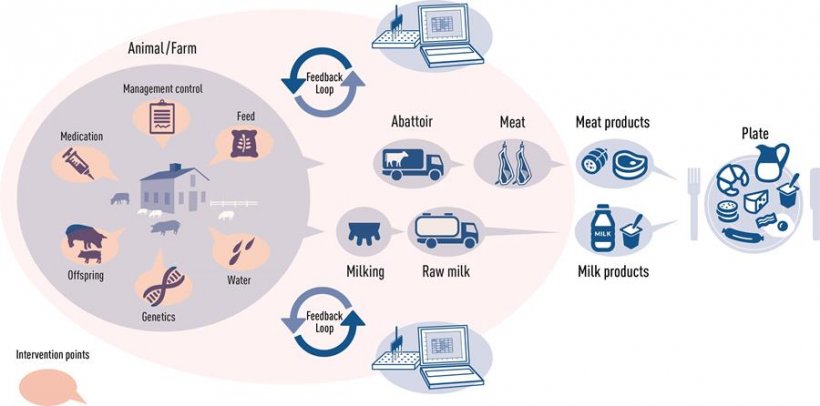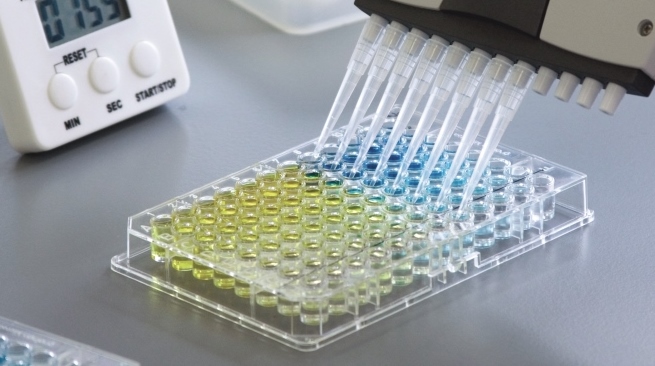 In an effort to modernize the meat inspection process for the first time since the mid-1880s, Thermo Fisher Scientific will present a new and more efficient approach to help protect consumers from potential health hazards during the 12th Safe Pork Conference in Foz do Iguassu, Brazil, Aug. 21-24.
In an effort to modernize the meat inspection process for the first time since the mid-1880s, Thermo Fisher Scientific will present a new and more efficient approach to help protect consumers from potential health hazards during the 12th Safe Pork Conference in Foz do Iguassu, Brazil, Aug. 21-24.
In addition to safeguarding consumers from foodborne pathogens, meat inspections also help monitor disease in national herds and flocks by providing information to the producer. The current inspection method involves palpation and incisions of organs and lymph nodes, with each carcass subject to the same inspection procedure regardless of the animal’s origin.

In an increasingly competitive market environment, with pressure on margins, globalized trade and active media reporting, a modern, integrated approach to meat inspection is needed.

At the conference, Patrik Buholzer, senior product manager for swine diagnostics at Thermo Fisher Scientific, will present a meat inspection concept that highlights additional data producers require to better protect their value chain. In this modernized approach, blood samples taken at the abattoir from a representative number of animals are tested for antibodies against zoonotic pathogens. The results are fed back to the producer and, if needed, corrective measures can be implemented at the farm.

Success of corrective measures at the production site is monitored in every batch of animals delivered to the slaughterhouse. This comprehensive approach supports continuous monitoring and improvement of the value chain.
“The continuous improvement of the pork value chain helps reduce production costs,” said Martin Guillet, global head and general manager of AgriBusiness at Thermo Fisher Scientific. “It also helps protect livestock and consumers in an efficient, effective and holistic way that demonstrates our company mission of enabling our customers to make the world healthier, safer and cleaner.”
Thermo Fisher offers a comprehensive panel of diagnostic solutions for the most important zoonotic pathogens in swine: Trichinella, Toxoplasma, Salmonella, Hepatitis E virus and Mycobacterium avium.
August 21, 2017 - Thermo Fisher Scientific



